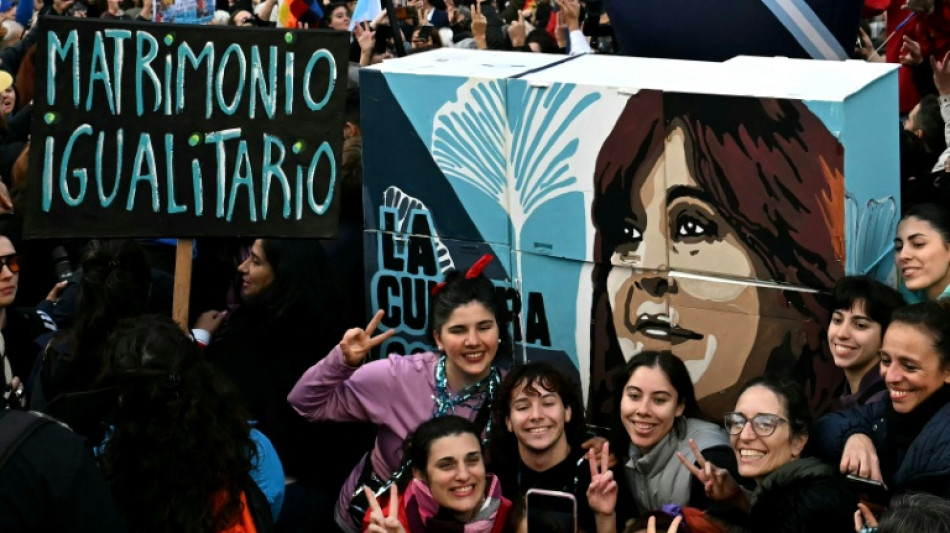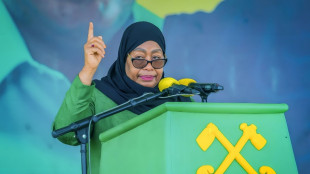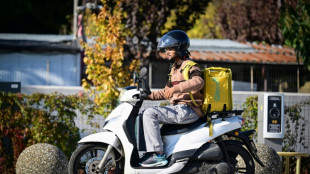

Argentine ex-president Kirchner begins six-year term under house arrest
Argentina's ex-president Cristina Kirchner began serving a six-year fraud sentence under house arrest on Tuesday, after a judge granted her request to avoid prison in a case that dramatically ended her two-decade career.
The Supreme Court last week upheld the 72-year-old's conviction for "fraudulent administration" while president, along with her lifelong ban on holding public office.
Since the ruling, supporters of the polarizing left-winger, who has led opposition to President Javier Milei's austerity policies, had been keeping vigil outside her home in Buenos Aires, raising fears of clashes with security forces if she were jailed.
Her left-wing Peronist movement and trade unions had called for major solidarity demonstrations on Wednesday.
While some protests were still expected the risk of unrest appeared diminished after a federal court ruled Kirchner could serve her sentence at home with an electronic surveillance device.
The court added that Kirchner's sentence began Tuesday and ordered that she "refrain from any behavior that could disturb the peace of the neighborhood and/or disturb the peaceful coexistence of its residents."
She will be allowed limited visits, principally from family members, lawyers and doctors.
Her legal team welcomed the decision to spare her the ignominy of being thrown behind bars.
"THE LAW PREVAILED. THE PEOPLE PREVAILED," one of Kirchner's lawyers, Gregorio Dalbon, reacted on X.
- Claims of judicial bias -
Kirchner rose to prominence as part of a political power couple with her late husband Nestor Kirchner, who preceded her as president.
After two terms at the helm herself between 2007 and 2015, she served as vice president from 2019 to 2023 in the last center-left administration before Javier Milei took power.
Revered by the left, reviled by the right, she claimed the case against her was a political plot to end her career and unravel her legacy of economic and protectionism and generous social programs.
Her supporters pointed to evidence of close ties between some of the judges who convicted her in lower courts and one of her arch-foes, former center-right president Mauricio Macri.
Many Argentines, however, believed her conviction over the awarding of roads works tenders to one of her business associates was just.
She is the second ex-leader since Argentina's transition from dictatorship to democracy in 1983 to be sentenced to prison after Carlos Saul Menem, convicted of weapons trafficking.
Menem never served jail time because he had immunity as a senator.
T.al-Najjar--BT




